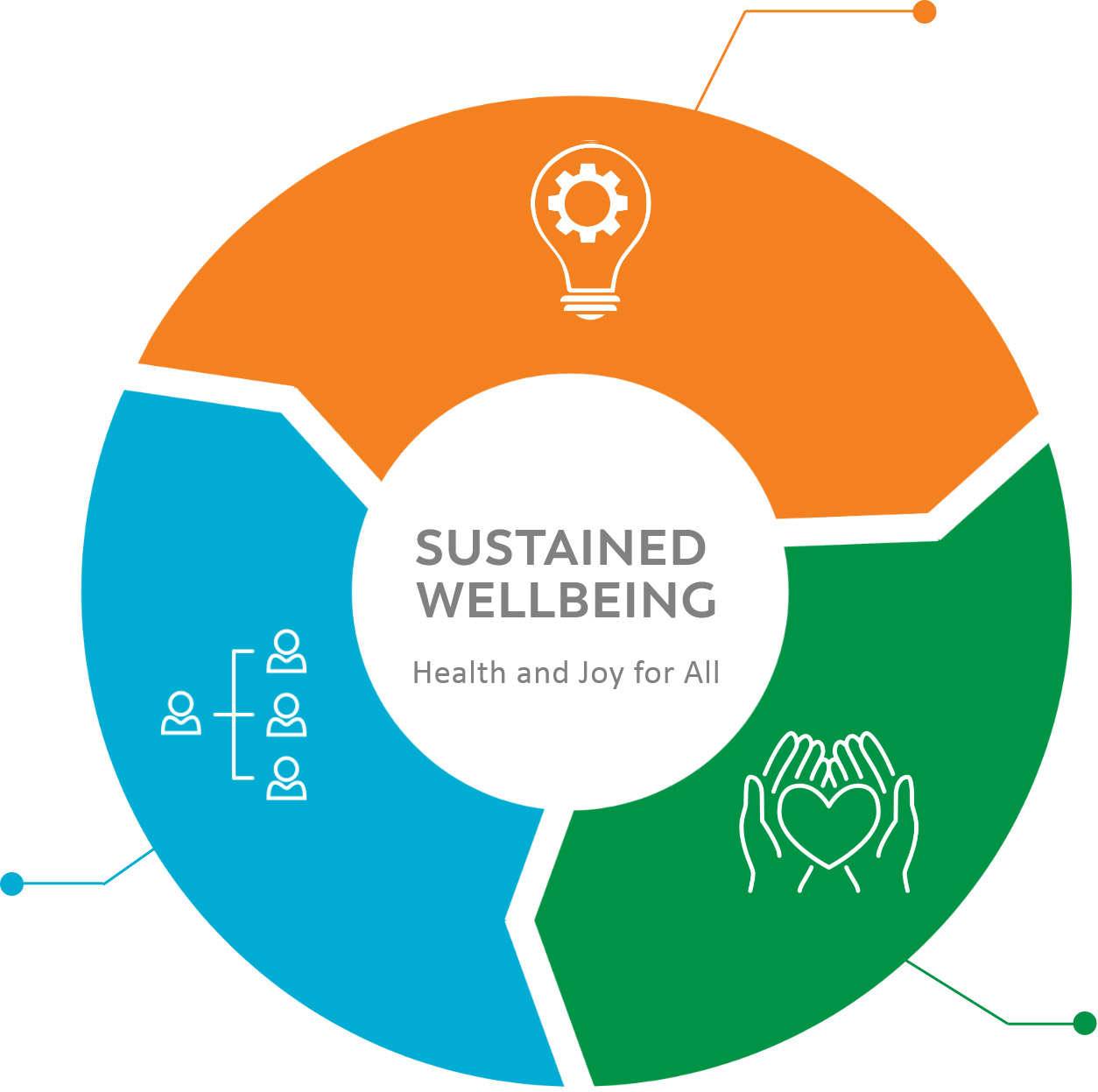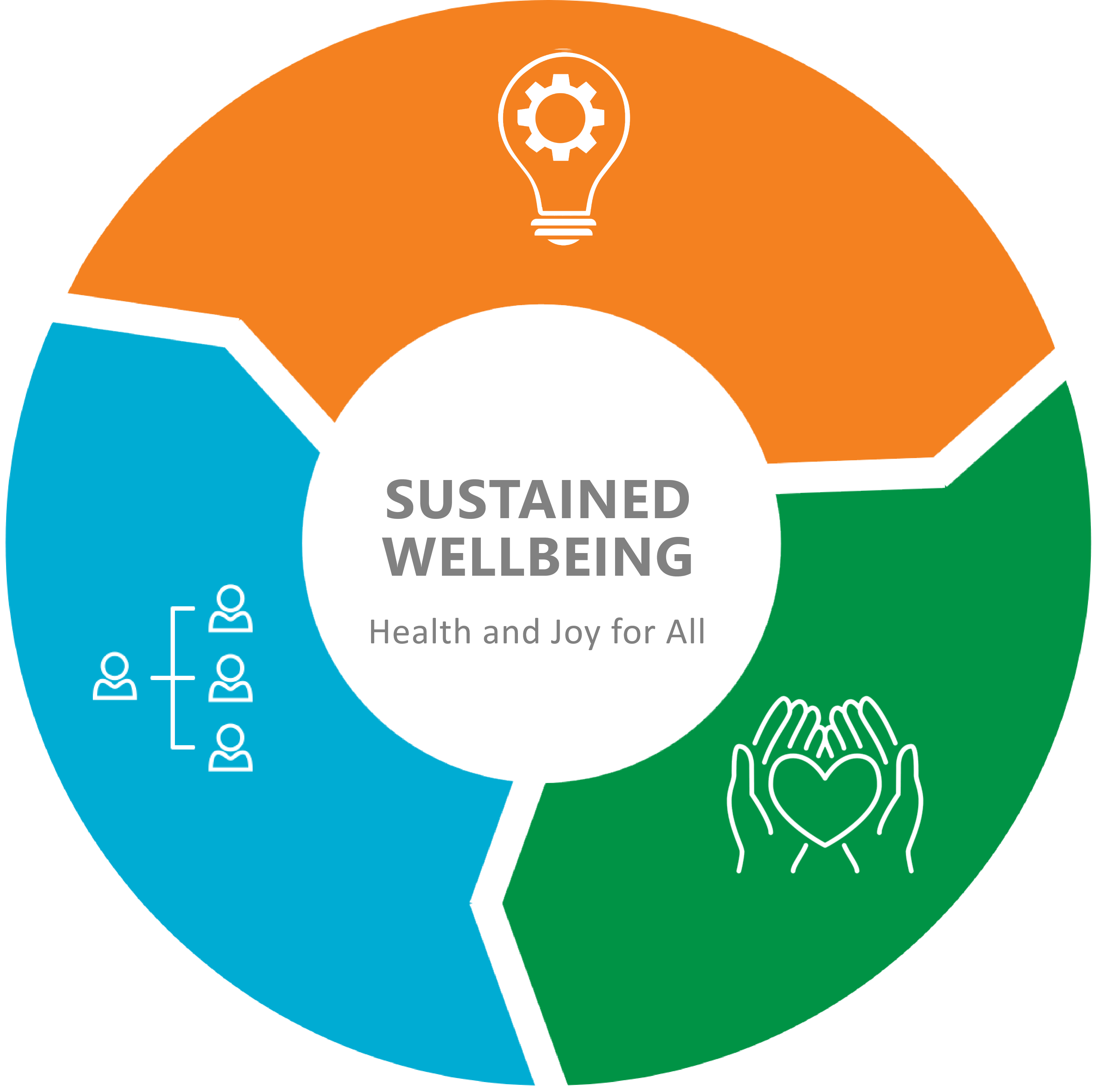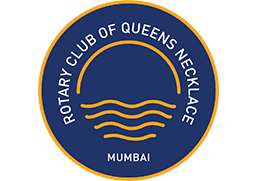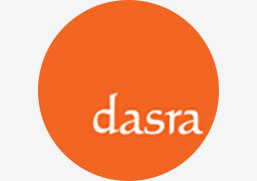The Swasth Way
the health crisis
Did you know?
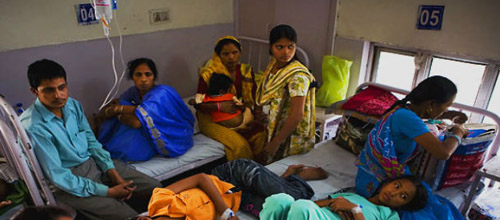
60 million Indians i.e. 1 in 20 families fall below poverty line annually, due to a health shock in the family.
Financially vulnerable Indians often have to forgo hard earned income, dip into savings, take loans or mortgages, or sell their assets and livestock to pay for exorbitant healthcare costs. This is because 65% to 80% of healthcare expenditure in India is out-of-pocket, compared to an average of 15% in developed nations
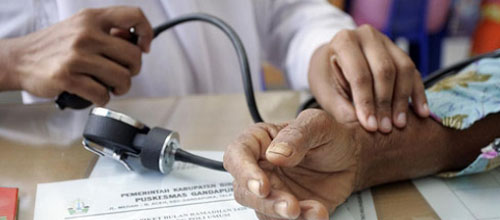
Gone are the days when malaria and water-borne infections were the biggest threats to our lives. Today, non-communicable diseases (NCDs) such as diabetes, hypertension, cancer, arthritis, PCOD, thyroid disorders, anxiety, and depression are increasing rapidly, making the situation extremely alarming.

US spends 20% of their GDP on healthcare expenditure which is more than 5 times its defence budget. Life expectancy in the US is steadily declining
The strategy of the West to fund health shocks with insurance to reduce out-of-pocket expenditure has resulted in healthcare expenditure surging up. Only 16% of the population can actually afford health insurances. The rest stay at the mercy of emergency care and only seek help when the illness gets out of hand. As a result, the quality of life is severely declining. This is the first generation that is expected to live less than their parents.
There is a power imbalance against patients in the current healthcare ecosystem that is largely driven by a profit motive.
THE CURRENT HEALTHCARE ECOSYSTEM IS FLAWED

It focuses on healthcare and not health
Financially vulnerable Indians often have to forgo hard earned income, dip into savings, take loans or mortgages, or sell their assets and livestock to pay for exorbitant healthcare costs. This is because 65% to 80% of healthcare expenditure in India is out-of-pocket, compared to an average of 15% in developed nations

It takes a siloed approach to care
The western health model takes a siloed approach to care. It is designed to treat illnesses rather than to prevent or reverse. It is a healthcare model, not a health-focused ecosystem. Funding health shocks through medical insurance is not a scalable and sustainable approach to health.

It creates dependence
The strategy of the West to fund health shocks with insurance has resulted in healthcare expenditure surging up. 16% of the population cannot afford health insurance. They stay at the mercy of emergency care and only seek help when the illness gets out of hand. As a result, the quality of life is severely declining. This is the first generation that is expected to live less than their parents.
the systemic shift needed
the Swasth Way to make this shift

our philosophy of sustained wellbeing
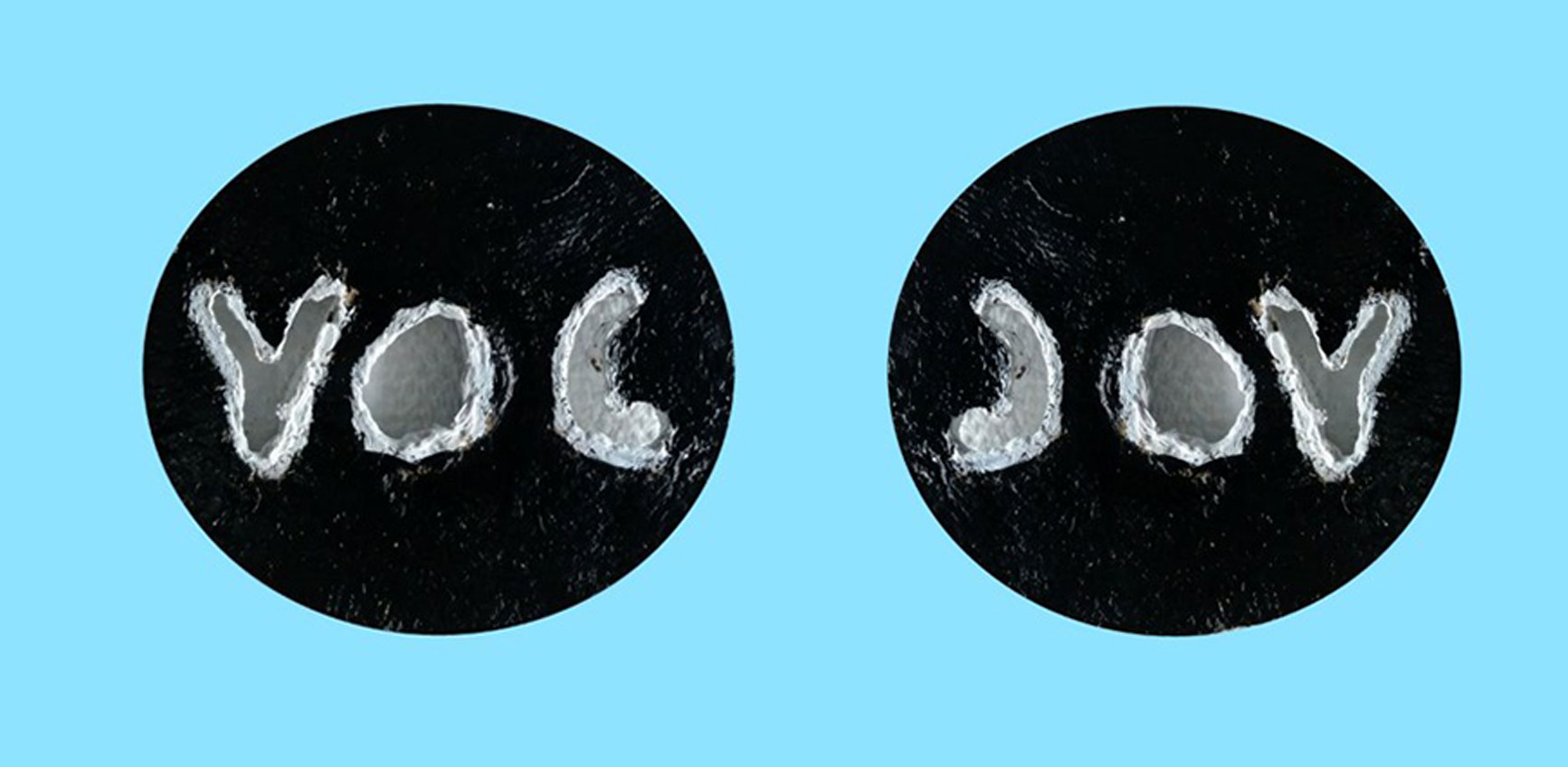

What inside us needs to be Swasth?
B = Body
E = vital Energy
M = Mind
E = Emotions
I’m free to BE ME with Peace, Love & Joy
Swasth = Swa + Sth
= Self + Stable
“Swasth is Being Stable in Our Self.
Health is a Natural Outcome of Being Stable in our Self.”
how do we do it?
ANALYSIS
Evidence based protocols inform the design of service and training programs
Learn from implementation to improve service and training programs
Training
Build capacity of professionals and organisations to transform themselves and the others by delivering the services designed.
Build a cadre of integrated health professionals for the health ecosystem.
Service
Design and deliver offline and online integrated health services which are evidence-based, standardised, affordable, patient and provider centred
Educate individuals to foster independence
We are working towards the goal of sustained wellbeing by harmonising principles of various disciplines essential for an effective health ecosystem.
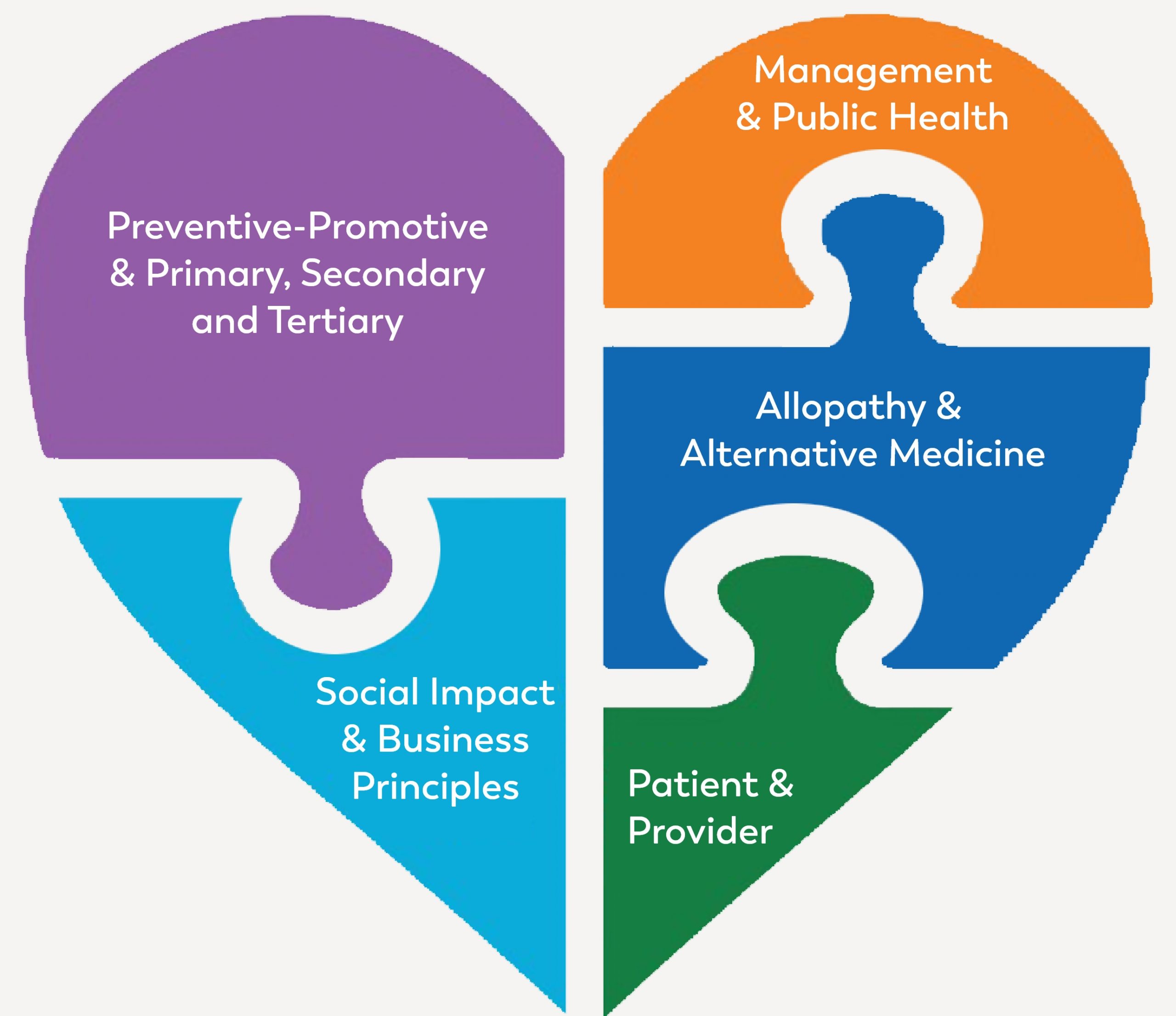
how can you achieve sustained wellbeing with harmony?

ANLAYSIS
(TEST)
Step 1
Diagnose severity of illness through testing
SERVICE
(TREAT)
Step 2
Create an enabling, functional environment through therapeutic treatment
TRAINING
(SELF-HEAL)
Step 3
Strengthen vitality and independence through self healing tools
This circular framework enables participants to keep walking the journey towards sustained wellbeing by continuously improving on various dimensions of health, rather than having an event-based reaction.



